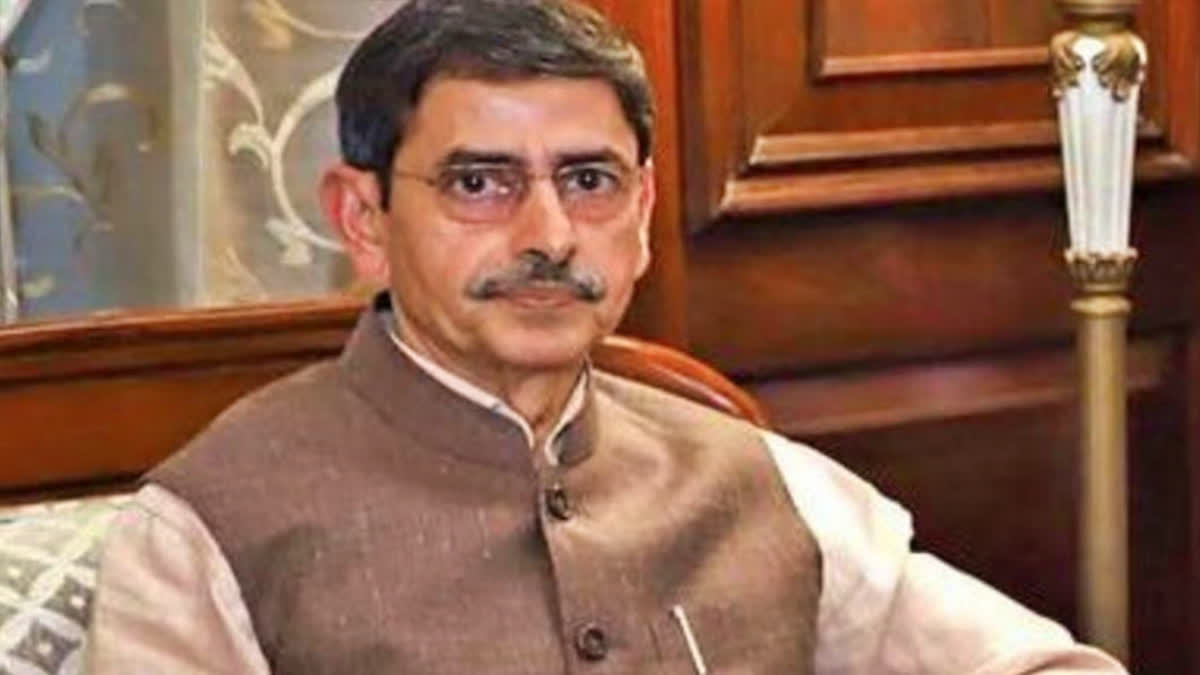Chennai: With the Tamil Nadu Government's case against Governor RN Ravi for inordinately delaying assent for the Bills passed by the Assembly, coming for hearing before the Supreme Court on Monday (November 20), the Raj Bhavan has returned 10 Bills for reconsideration.
Often on a collision course with the DMK Government of MK Stalin, the governor has maintained that withholding of assent is 'as good as the Bill being dead' and that it was a 'courteous way of saying no'. Some of the Bills pertained to removing the governor from the office of Chancellor of state-run Universities vested with the power to appoint Vice Chancellors to the varsities. The ruling DMK and its allies have criticised the Raj Bhavan for deliberately sitting over them, undermining an elected government with a mandate. Further, Ravi had not accorded sanction to prosecute former AIADMK ministers facing charges of corruption.
Losing no time, Speaker Appavu announced to the media in Tiruvannamalai that the Bills would be passed again without any modification at a special session of the Assembly on Saturday. As per the Constitution, the Governor has to give assent if the Bills are passed once again by the House without any changes. Earlier, Ravi had returned the Bill seeking exemption for the State from the NEET exam. But forwarded it to the President after the House passed it again.
Interestingly, the apex court during its earlier hearing on November 10, had come down hard on the Governor for sitting over the Bills for months. The court had also rapped the Punjab Governor on a similar plea from the AAP government of Bhagwant Mann. After making strong observations, the three-judge bench headed by Chief Justice DY Chandrachud posted the matter on November 20. Issuing notice to the Centre, it asked the Attorney General or the Solicitor General to be present during the hearing.
Ravi had earned the wrath of the DMK about administrative matters, his debunking of the Dravidian ideology as separatist and a colonial offshoot and promoting sanatan dharma had escalated matters between the ruling party and the Raj Bhavan.
Read more



